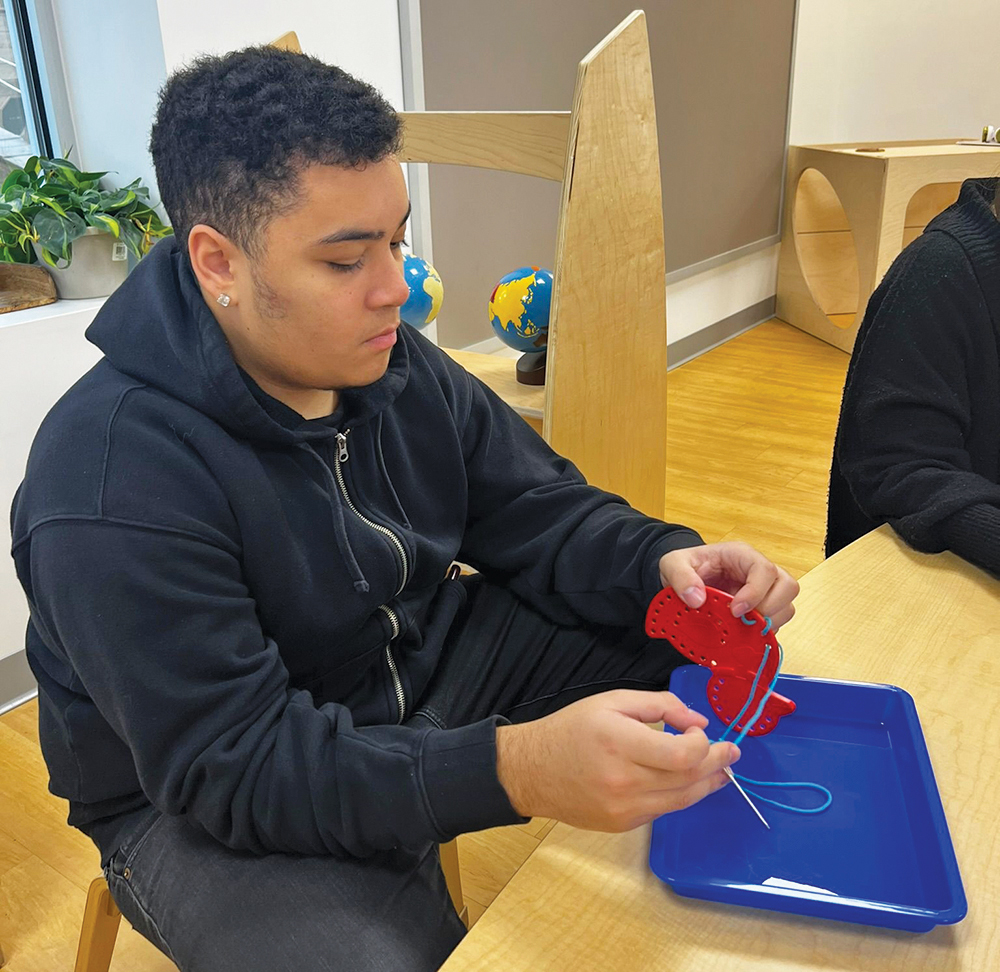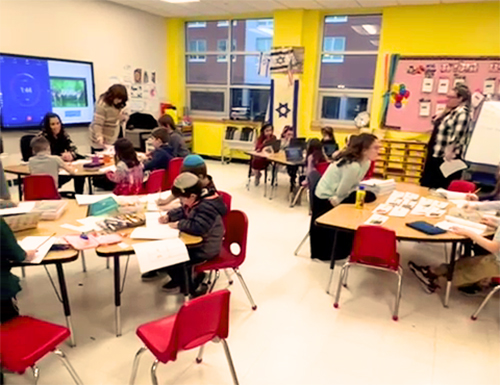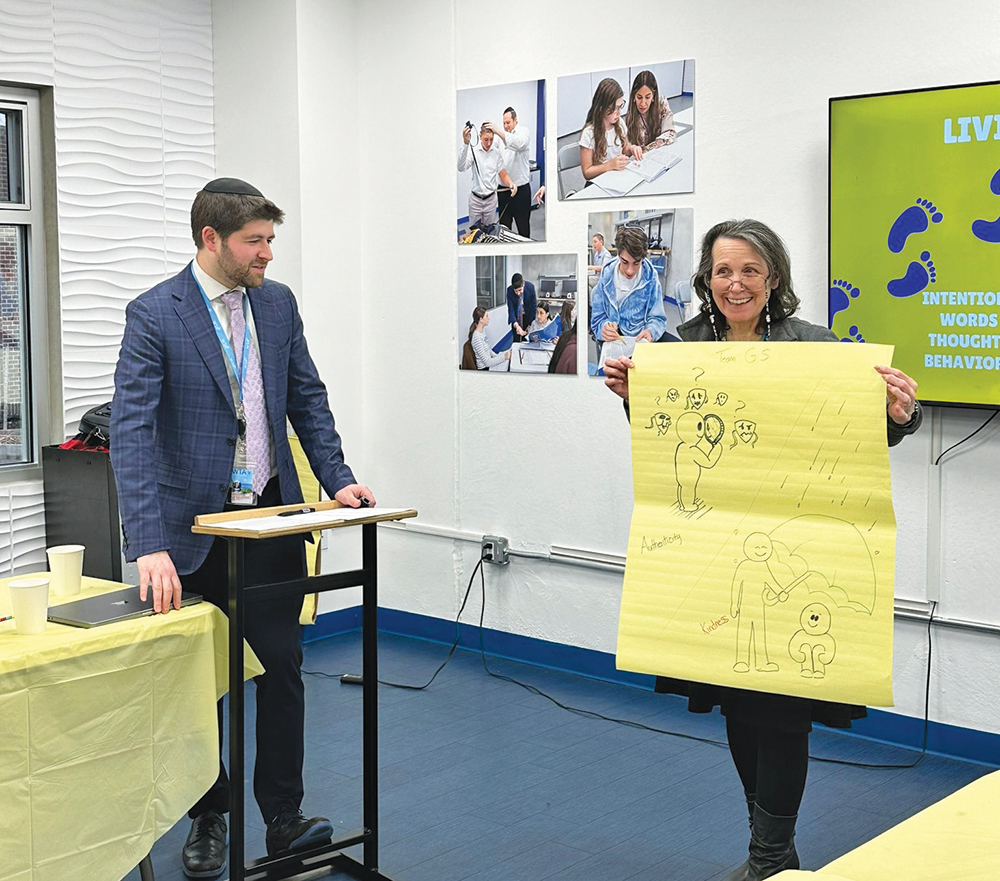
Martin Luther King Jr. Day is an important day that is often celebrated with acts of service to the community. For teachers, however, there’s no better act of service than participating in professional development to become even better educators. The faculty at WTA split by division so that each group could focus on their particular age groups, making the most of their time together.
The Early Childhood team had two particular areas of focus: curricular development and positive psychology. First, in groups that paired veteran teachers with newer teachers, the faculty analyzed what makes a project a “Montessori work” and what makes it developmentally appropriate; with the toddler program split into a younger class and an older class, there are critical adjustments to be made in order for the same curriculum to be appropriate for all the students. Additionally, the faculty participated in a session about positive psychology in the Montessori classroom, specifically focusing on understanding the roots of misbehavior. Teachers analyzed different cases of misbehavior, determined the likely root of that behavior, and then discussed different methods of helping the children overcome the challenges that caused the behavior.

In the older grades, WTA faculty continued their work to become the best educators they can be. Lower School faculty traveled to our Teaneck-based sister school, Yeshivat HeAtid, where they observed the rotational model in action. WTA teachers are comfortable with rotations, but the differences between the point of view of an outside observer and that of a teacher in the classroom are tremendous. Observing both General Studies and Judaic Studies classes, WTA faculty had a chance to take notes and discuss what they saw. Learning from peers is equally important for students and teachers, and this opportunity helps our own faculty improve their methods by analyzing different teaching methods within the rotational model.
The WTA Middle School faculty focused their day on Visions of Excellence. What does excellence mean to us, and how does that translate into the broader curriculum and individual lesson plans? One way our teachers delved into this topic was through examples of student works that meet, exceed, and fall short of expectations. Most importantly, the faculty discussed how this model can be equally applied throughout the curriculum, regardless of subject matter. The elements of excellence stay consistent across the board.













